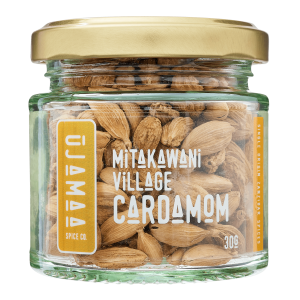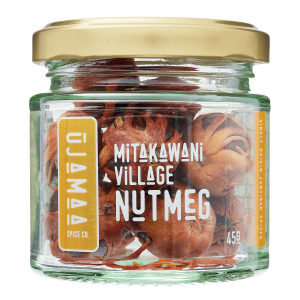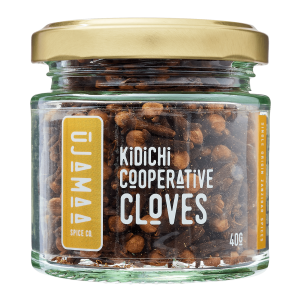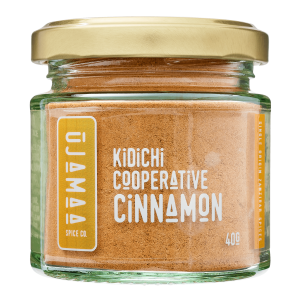What exactly is a Moringa?
The Moringa tree(Moringa oleifera), also known as the “miracle tree” known for its drumstick like pods, has a long and rich history in Africa. Its leaves, pods, seeds, and roots have been used for centuries for a variety of purposes, from food and medicine to fuel and water purification.
It is native to the Indian subcontinent, but it has been widely cultivated throughout Africa for over 2,000 years. It is particularly popular in the Sahel region of West Africa, where it is grown as a food crop, a source of fuel, and a natural medicine but it is also grown plenty all over east Africa.
It is known by many names in Africa, including “nèbèday” in Senegal, “zogale” in Nigeria and “ilale” in Tanzania and Zanzibar. Each culture has its own unique uses and traditions for the Moringa tree.
What are some of the uses of the Moringa Tree in Africa
Moringa is a highly valued plant in Africa, and for good reason. Its leaves are packed with nutrients, including vitamins A, C, and E, as well as minerals like calcium and potassium. In many parts of Africa, the leaves are boiled and eaten as a vegetable or added to soups and stews as an alternative to meat, as it is high in protein and packed with vitamins. Our villagers from Mitakawani love to use the fresh leafs in a spicy tomato based curry with their incredible Pili-Pili.
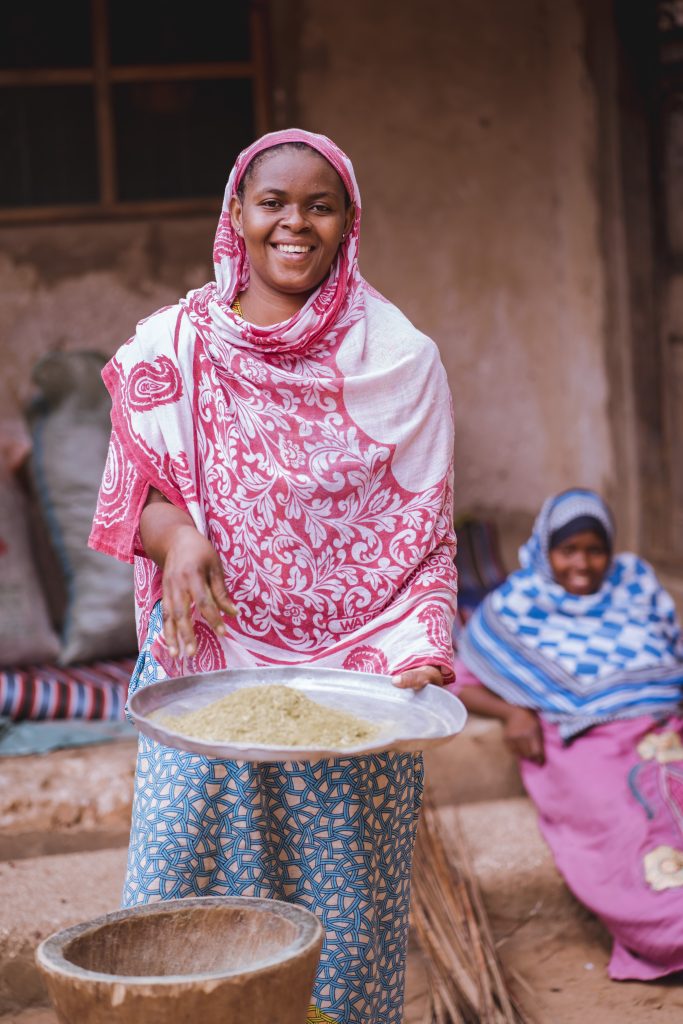
In addition to its nutritional benefits, it has many medicinal uses. It has been used to treat a wide range of ailments, including malaria, diabetes, and high blood pressure. The leaves and roots of the tree are used to make a tea that is believed to have healing properties. Multiple studies have started backing up these traditional uses of the moringa plants.
The seeds are also used for water purification in many parts of Africa. The seeds contain a natural coagulant that can be used to clarify water and remove impurities. In areas where access to clean water is limited, they have been a lifesaving resource. The seeds are also high in oil that can be used for cooking. The wood can also used as a natural fuel source as it grows rather quickly. Are you starting to understand now why they call it the miracle tree? It is because every part of the tree can be used for something!
In recent years, moringa has gained popularity as a superfood due to its high nutrient content and potential health benefits. Moringa powder, made from the dried leaves of the tree which is subsequently ground to a fine powder, is a versatile ingredient that can be used in cooking and is said to have many health benefits similar to the fresh plant, in which we will delve into more detail in our next blog!
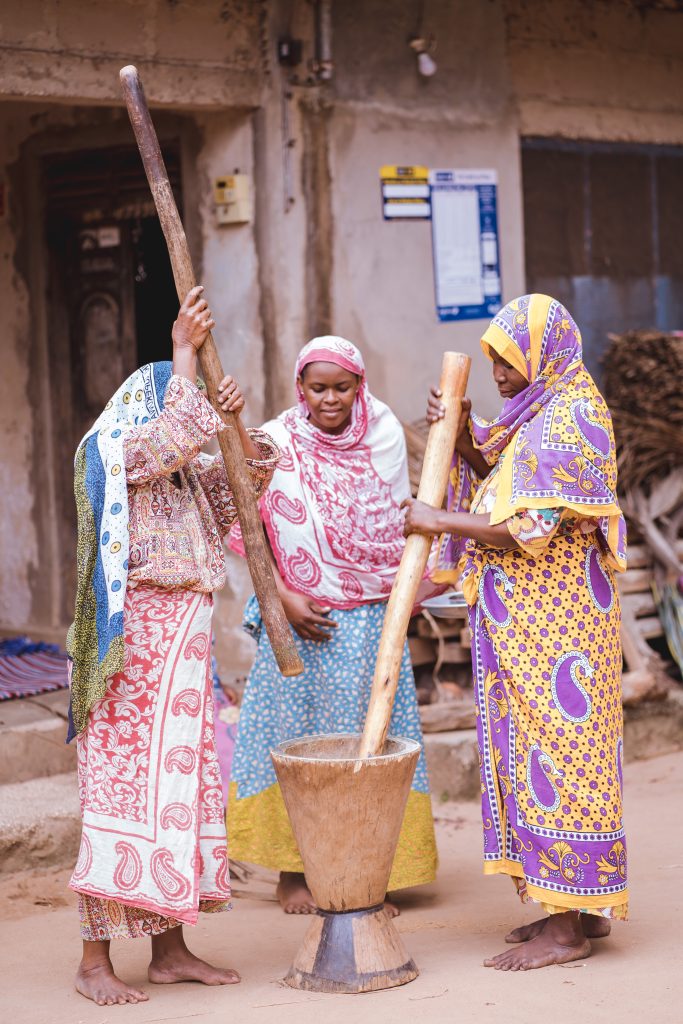
A bright Future ahead for the Moringa Tree in Africa?
As the world becomes more aware of the health benefits of the Moringa tree, its popularity is growing in Africa and beyond. Many organizations are working to promote its use as a food and medicine crop, and to help small-scale farmers cultivate the plant for income and food security.
One of the key benefits of the Moringa tree is that it is a hardy plant that can grow in arid and semi-arid regions where other crops struggle. This makes it a valuable resource for farmers in areas affected by drought and climate change. Due its long and rich history in Africa, and its many uses and benefits, it has become an important resource for communities across the continent. As awareness of the plant grows, it has the potential to play an even greater role in promoting food security, health, and economic development in Africa and beyond.
While currently still quite unknown here in the UK, we hope you will enjoy the benefits and new flavours this wonderful plant will bring to you. This trees are off immense importance to our smallholder communities in Zanzibar, and we hope this will enable them to generate an additional source of sustainable income besides the production of their super tasty and natural spices.

